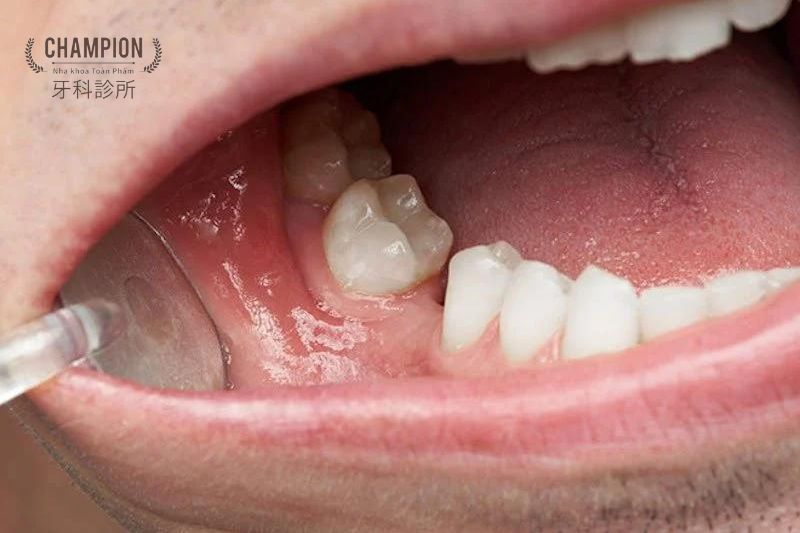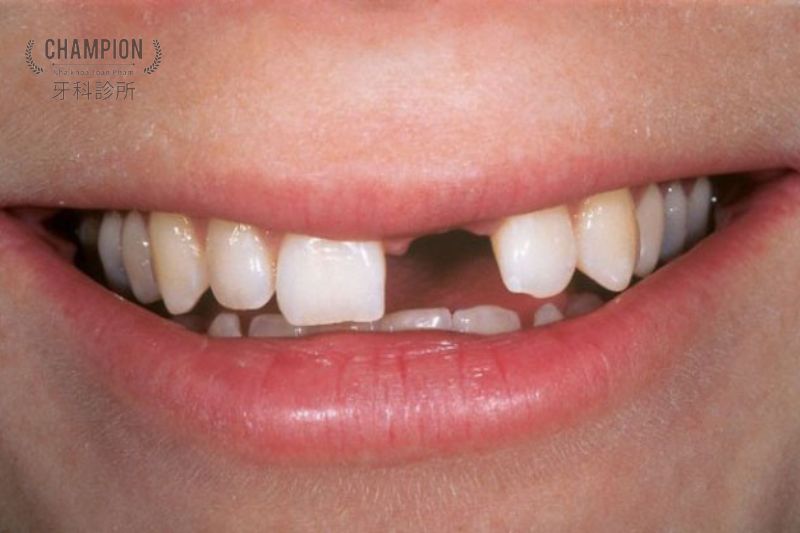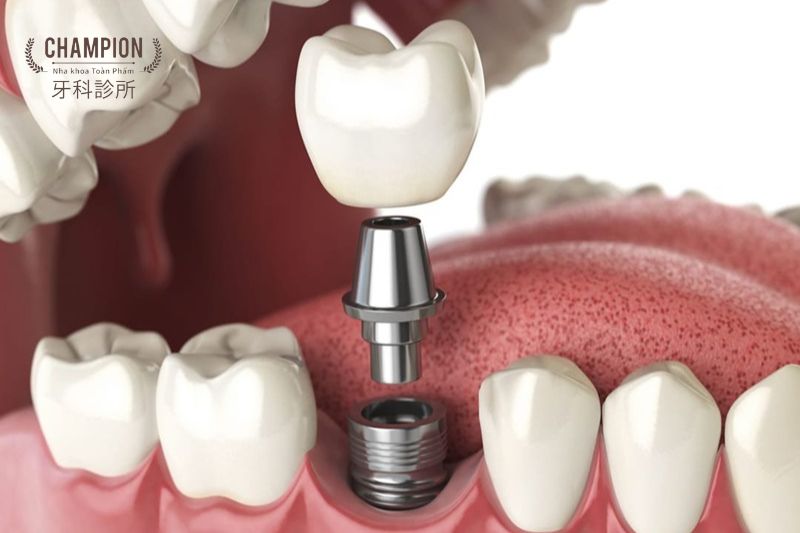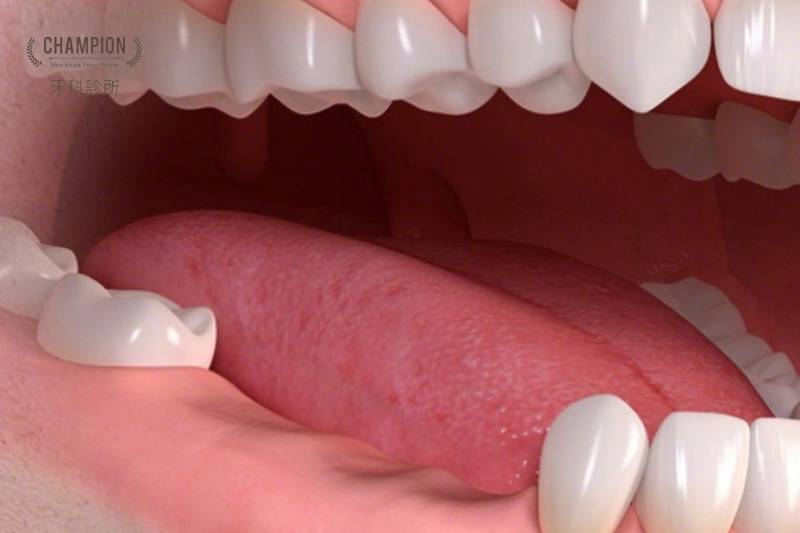Tooth loss can happen for many reasons, some preventable and others unavoidable. Losing teeth may seem like a cosmetic issue, but it can seriously impact your oral and overall health. Read on to learn what tooth loss is, what causes it, why it is so problematic, and what you need to know if you lose a tooth.
What is Tooth Loss?
Tooth loss refers to when one or more permanent teeth are lost or extracted due to disease, trauma, or other causes. Primary or "baby" teeth falling out is normal and allows the permanent teeth to erupt. But losing permanent teeth is not a natural part of aging and should be prevented if possible.
Tooth loss can range from a single tooth to multiple or even all teeth. The medical term for complete tooth loss is edentulism. Partial tooth loss may involve anterior teeth (incisors and canines) or posterior teeth (premolars and molars).

Main Causes of Tooth Loss
There are several common reasons adults may lose permanent teeth:
Dental Decay
Cavities from untreated dental decay can destroy teeth. The decay process causes erosion and weakening of the tooth structure, eventually forming a hole or cavity. Without dental treatment, the decay continues until the remaining tooth structure fractures. Extraction is then required.
Chronic Periodontal Disease
Chronic gum infections cause inflammation and destruction of the tissues supporting the teeth, including bone. This is called periodontitis. As the disease advances, bone loss increases and teeth may loosen or require extraction.
Tooth Wear
Aging and acidic foods can cause enamel erosion and exposure of the underlying dentin. The teeth slowly wear down and become thin, brittle, and more prone to chipping or fracturing. Eventually, there is too little healthy tooth structure left, requiring extraction.
Dental Trauma
Injuries and accidents can fracture teeth or dislodge them from their sockets. Knocked out or severely mobile teeth often cannot be saved and need extraction. Sports injuries are a common cause of dental trauma and tooth loss.

Why is Tooth Loss so Problematic?
Losing teeth causes more than just a gap in your smile. It significantly affects oral function and can harm your overall well-being.
Impaired Chewing and Digestion
Teeth work together to break down food. When teeth are missing, chewing becomes difficult or painful. This can limit food choices and adequate nutrition. Poor digestion from inadequate chewing can also cause stomach discomfort.
Facial Collapse and Bone Loss
Teeth preserve the height and width of the jaw bones by stimulating the bone with chewing forces. When teeth are lost, the underlying bone no longer receives this stimulation and begins to break down. This causes facial collapse, wrinkles, and a sunken appearance over time.
Disrupted Bite and Joint Problems
Losing multiple teeth often leads to a collapsed bite as teeth drift and tip into the space. This causes improper contact between upper and lower teeth, overloading other teeth. It can lead to tooth fracture and damage to the jaw joints.
Increased Infection Risk
Empty tooth sockets leave areas where bacteria can enter and increase the risk of dangerous infections spreading. People with major tooth loss are at higher risk of infection-related heart disease, diabetes complications, and pneumonia.

>> See more: The current types of dental pulp inflammation? Signs of recognition and treatment procedures
Critical Measures When You Lose a Tooth
Losing a tooth is an emergency that requires urgent dental care. Without prompt action, your chances of saving the tooth decrease. Follow these important steps if you lose a permanent tooth:
- First, find the tooth! Search carefully near the injury site. Look on the ground and feel around with your tongue. Try not to swallow it if the tooth is in your mouth. Time matters, so locate it quickly but carefully.
- Once you find the tooth, avoid touching the root or grabbing it anywhere other than the visible crown. Rinse very briefly under water if dirty, but don't scrub or use chemicals which can damage cells needed for reimplantation.
- The best storage options are milk, specialized Save-A-Tooth storage kits, or saline solution. Place the tooth in one of these to keep cells moist and viable. Avoid storage in just water or tissues which are too dry.
- Get to an emergency dentist as soon as possible, within 30 minutes if you can. The longer the tooth is out of your mouth, the lower the chances it can be saved. But still bring it even if hours have passed -- reimplantation may be possible.
- To control bleeding, have the patient bite down gently on a rolled up piece of gauze or damp tea bag placed over the wound. Firm pressure for 15-30 minutes usually stops bleeding. Just be sure they don't swallow the gauze!
- Take over-the-counter anti-inflammatory medication to reduce swelling and discomfort. Avoid aspirin as it can increase bleeding risk. Also apply an ice pack wrapped in a cloth to the face next to the missing tooth.
- Have the patient limit activities and talking. Avoid rinsing, spitting, or anything that might dislodge the clot forming in the tooth socket. This helps prevent painful dry socket complications.
- Only eat soft foods, drinking with a straw. Avoid hot, hard, crunchy, sticky, or acidic foods that could irritate the wound. Cut foods into small pieces and chew on the opposite side if possible.
- See your dentist immediately so they can evaluate if the tooth can be replanted or if other restorative options are needed. Leaving the gap too long allows the bone and soft tissues to collapse, making restoration more difficult.

Conclude
Don't delay when a tooth is knocked out. Retrieve it quickly and get to the dentist right away for the best chance of successful reimplantation or repair. Prompt attention can prevent complications and maximize your oral health and function after trauma.
Tooth loss is a dental emergency needing immediate care. If you lose a tooth, call Champion Dental Clinic ASAP. Our skilled dentists are on standby 24/7 to assess your injury and explore advanced options to restore your smile. We take every step to rescue damaged or knocked-out teeth. Don't wait if you experience tooth loss - contact Champion right away for urgent champion care!
Vietnamese & English: (028) 5411-2295
中文: (028) 5411-2297 172 Nguyen Luong Bang, Tan Phu Ward, District 7, Ho Chi Minh City.
Fanpage: Champion Dental Clinic 牙科診所
Zalo: Champion Dental Clinic
Youtube: Champion Dental Clinic 牙科診所
 Champion Dental Clinic
Champion Dental Clinic



